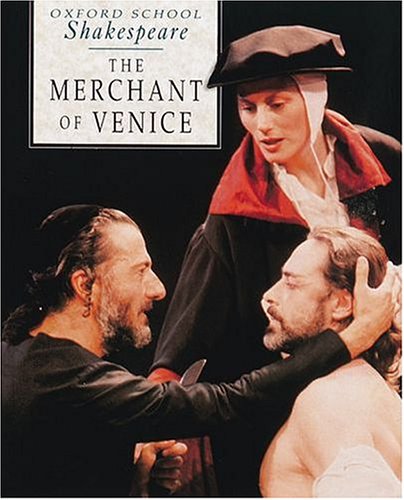


"He was not of an age, but for all time." So wrote Ben Jonson in his dedicatory verses to the memory of William Shakespeare in 1623, and so we continue to affirm today. No other writer, in English or in any other language, can rival the appeal that Shakespeare has enjoyed. And no one else in any artistic endeavour has projected a cultural influence as broad or as deep.
William Shakespeare. (2003). In EXPLORING Shakespeare. Detroit: Gale.
Shakespeare, William [Image]. Encyclopædia Britannica.
Like much of the rest of Europe, England severely restricted the rights of Jews. In fact, Jews were banished completely from England in 1290 by King Edward I, and were not officially allowed to return until 1655, when Oliver Cromwell allowed Jews to return. This exile was technically in effect during Shakespeare's time, but scholars believe that a few hundred Jews still lived around London in the guise of Christians. One of the reasons Renaissance Christians disliked Jews was the Jews' willingness to practice usury—the practice of charging interest or "use" on borrowed money. There was a long tradition in Classical and Christian moral thinking against usury. Shakespeare's contemporary, the philosopher and statesman Sir Francis Bacon, argued in his essay On Usury that it was "against nature for money to beget money."